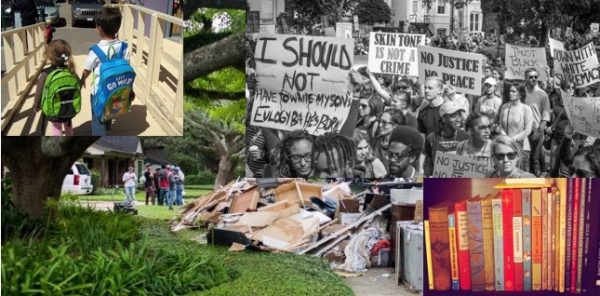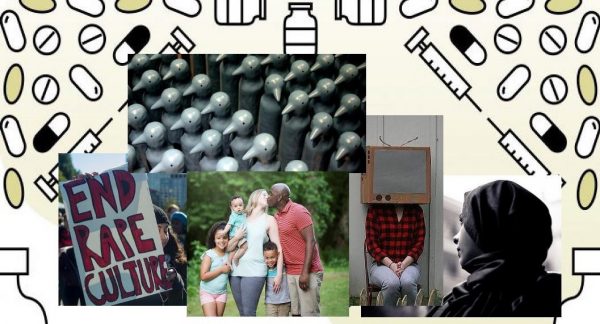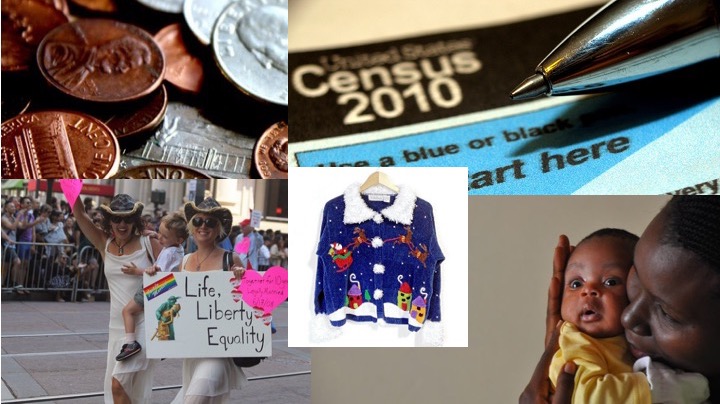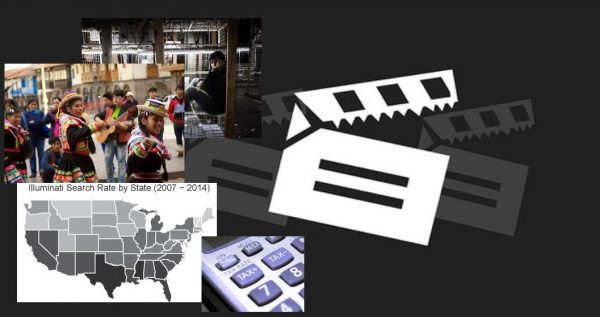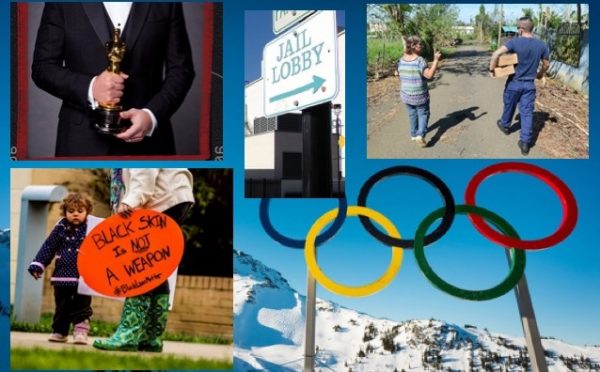
Welcome sociology fans! If you’re also a fan of the Winter Olympics, we have sociological research on sporting mega-events and reflections on this year’s games. If you’re not a fan, we’ve also got sociological work on the meaning of racism, new research on engaging audiences on social media, and recent work on how police use big data.
There’s Research on That!:
“Sporting Mega-Events and Urban Inequality,” by Caity Curry. In light of recent sporting events, like the Winter Olympics and the Super Bowl, we’ve round up research on mega-events and urban inequality.
“Different Dimensions of Racism,” by Neeraj Rajasekar. Social science reviews how racism goes beyond prejudicial attitudes and overt discrimination.
Discoveries:
“Keeping Audiences Engaged on Social Media,” by Brooke Chambers. New research in the American Sociological Review finds that the key to successful messaging is switching back and forth between rational and emotional argument styles.
“Zoom in and Enhance: Big Data meets Crime,” by Isabel Arriagada. Another study in the American Sociological Review examines how police’s use of big data has dramatically increased the number of people and institutions under surveillance.
Clippings:
“Why Fines are a Flawed Solution to Mass Incarceration,” by Jasmine Syed. The New York Times talks to Alexes Harris about how fines and fees may not be the best alternative to incarceration.
From Our Partners:
Sociological Images:
“Beyond Racial Binaries: How ‘White’ Latinos Can Experience Racism,” by Jonathan Harrison.
Contexts:
“Can Hollywood Separate Gold from White?” by Matthew W. Hughey.
Council on Contemporary Families:
“Noni Gaylord-Harden Reframes Violence and Youth,” by Eunice Owusu.
Social Studies MN:
“Multiple Screens Are Not Always Bad For Attention,” by Allison J. Steinke.
And a Few from the Community Pages:
- Center for Holocaust and Genocide Studies reviews Understanding Atrocities and its uses for education.
- Cyborgology explores industry analysis and criticism and elderly influencers in East Asia.
- Engaging Sports reflects on the Winter Olympics.



 Welcome sociology friends! This week we’re wrapping up our “Best of 2017” posts and ramping up for 2018! We’ve got new pieces on Trump’s tweets and racial injustice, screen capping news stories, and neighborhood segregation.
Welcome sociology friends! This week we’re wrapping up our “Best of 2017” posts and ramping up for 2018! We’ve got new pieces on Trump’s tweets and racial injustice, screen capping news stories, and neighborhood segregation.
